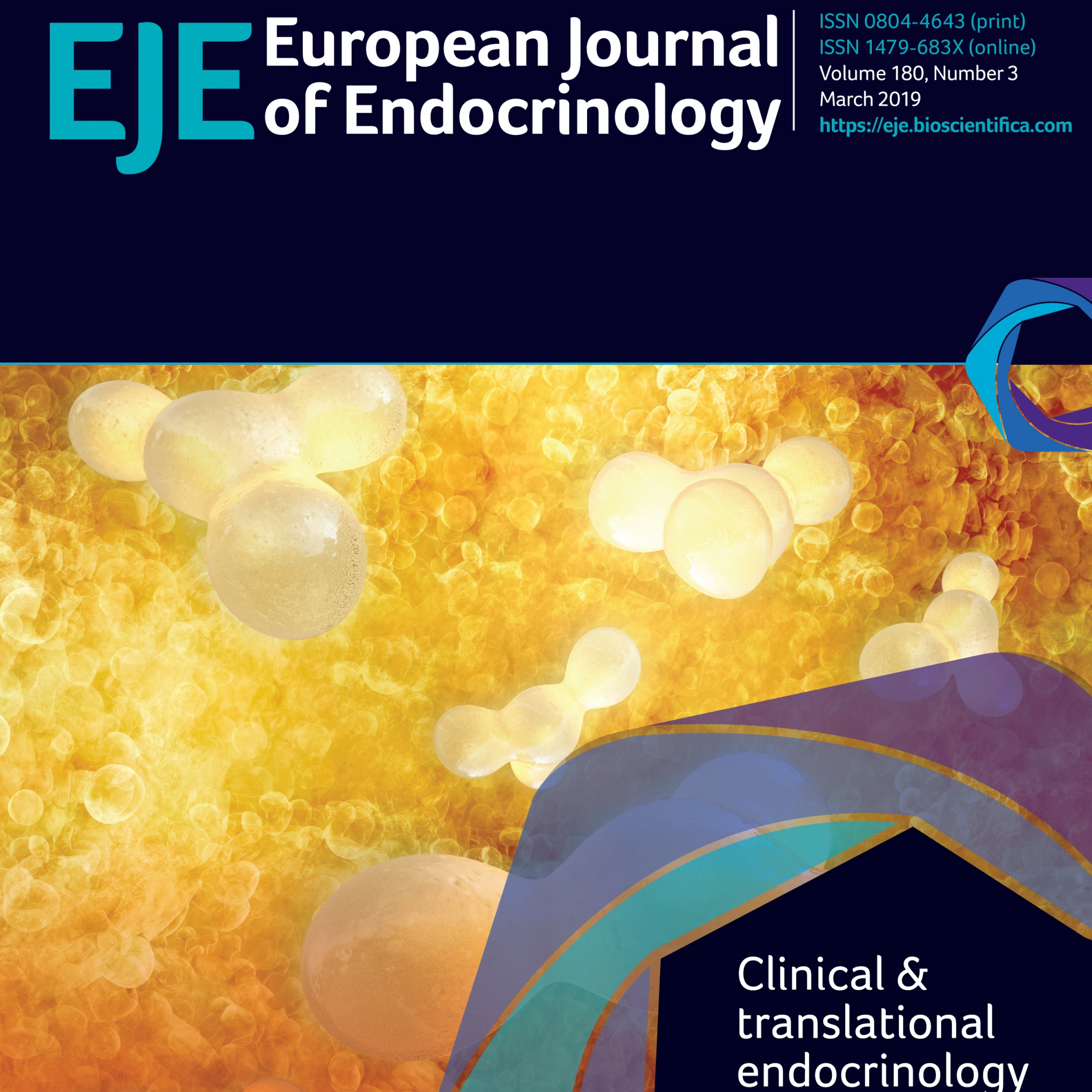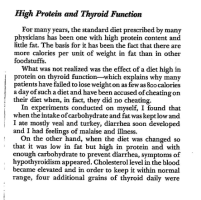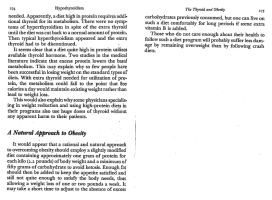Nomane Euger
Member
- Joined
- Sep 22, 2020
- Messages
- 1,407
i have not found a single way to eat muscle meat with out salt and find it tasty,unless its aged only the fat has taste with out salt and some organs.the taste and texture of the foods you eat evolve in real time in your mouth when you eat it,it can be drastic,it can be subtil,for any food trying it on it self unseasoned can make you experience the most accurate evolution of taste,texture,and desire to eat it,and how you feel,then you know how much your body can handle before to feel worst from it,and from my experience you should eat as much as needed from this food to reach the highest degree of well being this food that provide youmaybe. I know sometimes i crave milk for the fat or just cause im thirsty, and other times i crave meat for salt, and even then how much should i be eating? Obviously its not something thats of necessity, and cravings probably are the best bet, i just think it would be interesting to see with myself. I also think that eating different proteins with different amino acid profiles effects different people differently. I think that collagen has protein sparing effects, necessitating less complete protein





